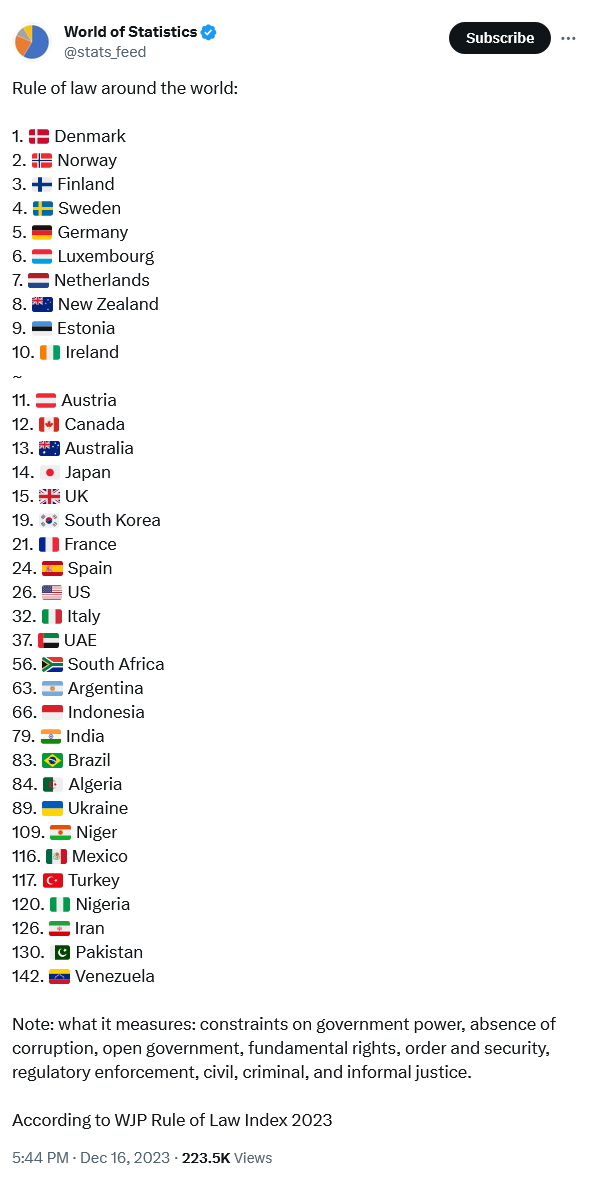 |
| The Arab Spring ignited a wave of protests across the Middle East, but the long-term consequences remain complex. |
Written by Syed Salman Mehdi (https://www.linkedin.com/pub/dir/Syed+Salman/Mehdi, salmanmehdi128@gmail.com)
#ArabSpring #MiddleEast #Politics #Democracy #Reform #Libya #Iraq #Tunisia #Egypt #Yemen
The Arab Spring, a period of pro-democracy protests that swept across the Middle East and North Africa in 2010 and 2011, ignited a sense of hope for a more equitable and representative future. However, the ensuing years have presented a far more nuanced picture, revealing a complex tapestry of unintended consequences, ongoing struggles, and the persistent quest for stability. This analysis delves into the enduring echoes of the Arab Spring in five nations – Libya, Iraq, Tunisia, Egypt, and Yemen – exploring the specific challenges they face and potential avenues for forging a more prosperous and stable future.
Libya: A Nation in Fragments
In Libya, the overthrow of Muammar Gaddafi's long-standing regime in 2011 sparked a descent into chaos. The absence of strong, unifying institutions left a power vacuum, leading to a proliferation of armed militias vying for control. The subsequent civil war inflicted devastating damage on the nation's infrastructure and economy. While a fragile peace agreement has been established, Libya continues to grapple with political instability, fragile security conditions, and the lingering question of national unity.
Key Challenges in Post-Gaddafi Libya:
- Factionalism and Militia Control: The proliferation of armed militias with competing agendas continues to pose a significant threat to stability and national unity.
- Weak Institutions: The absence of strong and legitimate institutions hinders the development of a robust and functioning democracy.
- Economic Hardship: The war and ongoing political instability have severely impacted Libya's economy, leading to high unemployment and widespread poverty.
Possible Remedies for Libya:
- Disarmament, Demobilization, and Reintegration (DDR) Programs: Implementing effective DDR programs is crucial for breaking the hold of militias and fostering a culture of peace.
- Strengthening Institutions: Building strong, inclusive, and accountable institutions is essential for the consolidation of democracy and the rule of law.
- Economic Reconstruction: International assistance combined with sound economic policies will be essential for rebuilding Libya's war-torn infrastructure and reviving the economy.
Iraq: A Fragile Democracy Under Strain
The toppling of Saddam Hussein in Iraq in 2003, a consequence of the US-led invasion, ushered in a period of tumultuous change. While elections ushered in a new era of democracy, the country has since been plagued by sectarian violence, political instability, and a resurgent insurgency. The rise of ISIS further destabilized the region, highlighting the fragility of the political landscape.
Key Challenges in Post-Saddam Iraq:
- Sectarian Conflict: Deep-seated sectarian divisions continue to fuel political instability and pose a significant threat to national unity.
- Corruption and Weak Governance: Endemic corruption and weak governance have undermined public trust in institutions and hampered economic development.
- The Legacy of War: Ongoing violence and lingering instability continue to impede Iraq's progress towards a more peaceful and prosperous future.
Possible Remedies for Iraq:
- National Reconciliation: Fostering a spirit of national reconciliation and addressing the grievances of different sectarian groups is essential for lasting peace.
- Combating Corruption: Implementing strong anti-corruption measures and promoting transparency will be critical for rebuilding public trust in the government.
- Economic Diversification: Diversifying the economy away from its dependence on oil will foster long-term economic stability and create job opportunities.
Tunisia: A Beacon of Hope with Persisting Challenges
Tunisia, often hailed as the lone success story of the Arab Spring, has embarked on a more peaceful and democratic transition. The country has adopted a new constitution and held successful elections. However, social and economic challenges remain, including high unemployment and a fragile economy. Additionally, the rise of extremist groups and threats to freedom of expression illustrate the ongoing struggle to consolidate democratic gains.
Key Challenges in Post-Revolution Tunisia:
- Economic Stagnation: High unemployment rates, especially among the youth, and economic instability persist despite political reforms.
- Extremist Threats: Radical groups continue to challenge the stability of the country, exploiting the vulnerabilities left by economic and political transitions.
- Social Unrest: Social disparities and dissatisfaction with the slow pace of economic improvements have led to periodic protests and strikes.
Possible Remedies for Tunisia:
- Economic Reforms: Comprehensive reforms aimed at job creation and improving the investment climate are necessary for sustainable economic growth.
- Social Equity: Addressing social disparities through inclusive policies will be essential to prevent further unrest.
- Countering Extremism: Enhancing security measures while preserving human rights is key to tackling extremism without jeopardizing democratic gains.
Egypt: A Return to Authoritarianism?
Egypt's journey post-Arab Spring has been marked by a dramatic reversal. Following the ousting of President Hosni Mubarak, hopes were high for a transition to democracy. However, the rise and subsequent ouster of Mohamed Morsi, the country’s first democratically elected president, paved the way for the re-establishment of authoritarian rule under President Abdel Fattah el-Sisi. While el-Sisi's government claims stability and economic progress, concerns over human rights abuses, political repression, and limited freedoms persist.
Key Challenges in Post-Mubarak Egypt:
- Authoritarian Rule: The suppression of opposition voices, including media crackdowns and political imprisonment, has undermined the prospects for democracy.
- Human Rights Abuses: Reports of widespread human rights abuses continue to plague Egypt's international reputation and affect internal cohesion.
- Economic Inequality: While the government promotes large-scale infrastructure projects, many Egyptians struggle with economic hardships and social inequalities.
Possible Remedies for Egypt:
- Political Reform: Genuine political reforms that respect democratic principles and human rights are essential for long-term stability.
- Social and Economic Inclusivity: Addressing economic inequalities and ensuring that development benefits all sectors of society will mitigate social tensions.
- International Diplomacy: Strengthening Egypt's relationships with international bodies and addressing concerns over human rights could improve its global standing.
Yemen: A Humanitarian Catastrophe
Yemen stands as one of the most tragic outcomes of the Arab Spring. The uprising that led to the resignation of President Ali Abdullah Saleh devolved into a devastating civil war that has since engulfed the country. The conflict between Houthi rebels and the Saudi-led coalition has resulted in a humanitarian crisis of epic proportions. Millions face starvation, displacement, and disease, and the prospect of peace remains elusive.
Key Challenges in Post-Saleh Yemen:
- Civil War: The ongoing conflict has shattered the country’s infrastructure and displaced millions.
- Humanitarian Crisis: With millions facing famine, displacement, and disease, Yemen remains one of the worst humanitarian crises in the world.
- Foreign Interference: Regional powers’ involvement in the conflict has exacerbated the war, prolonging suffering and complicating peace efforts.
Possible Remedies for Yemen:
- Ceasefire and Peace Talks: A durable ceasefire and inclusive peace talks are crucial for ending the conflict and rebuilding the nation.
- Humanitarian Assistance: Immediate and sustained humanitarian aid is essential for alleviating the suffering of the Yemeni people.
- Post-Conflict Reconstruction: Long-term investment in infrastructure and governance will be critical to stabilizing Yemen once the conflict ends.
The Arab Spring may have ignited aspirations for change, but the aftermath reveals the immense challenges that remain in achieving lasting democracy, stability, and peace across the Middle East. While the outcomes vary across nations, the echoes of the uprisings continue to reverberate, shaping the political landscape of the region. The road ahead is fraught with difficulties, but with concerted efforts, the lessons of the Arab Spring could pave the way for a more inclusive and prosperous future for these nations.
#ArabSpring #MiddleEast #Politics #Democracy #Reform #Libya #Iraq #Tunisia #Egypt #Yemen











